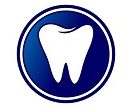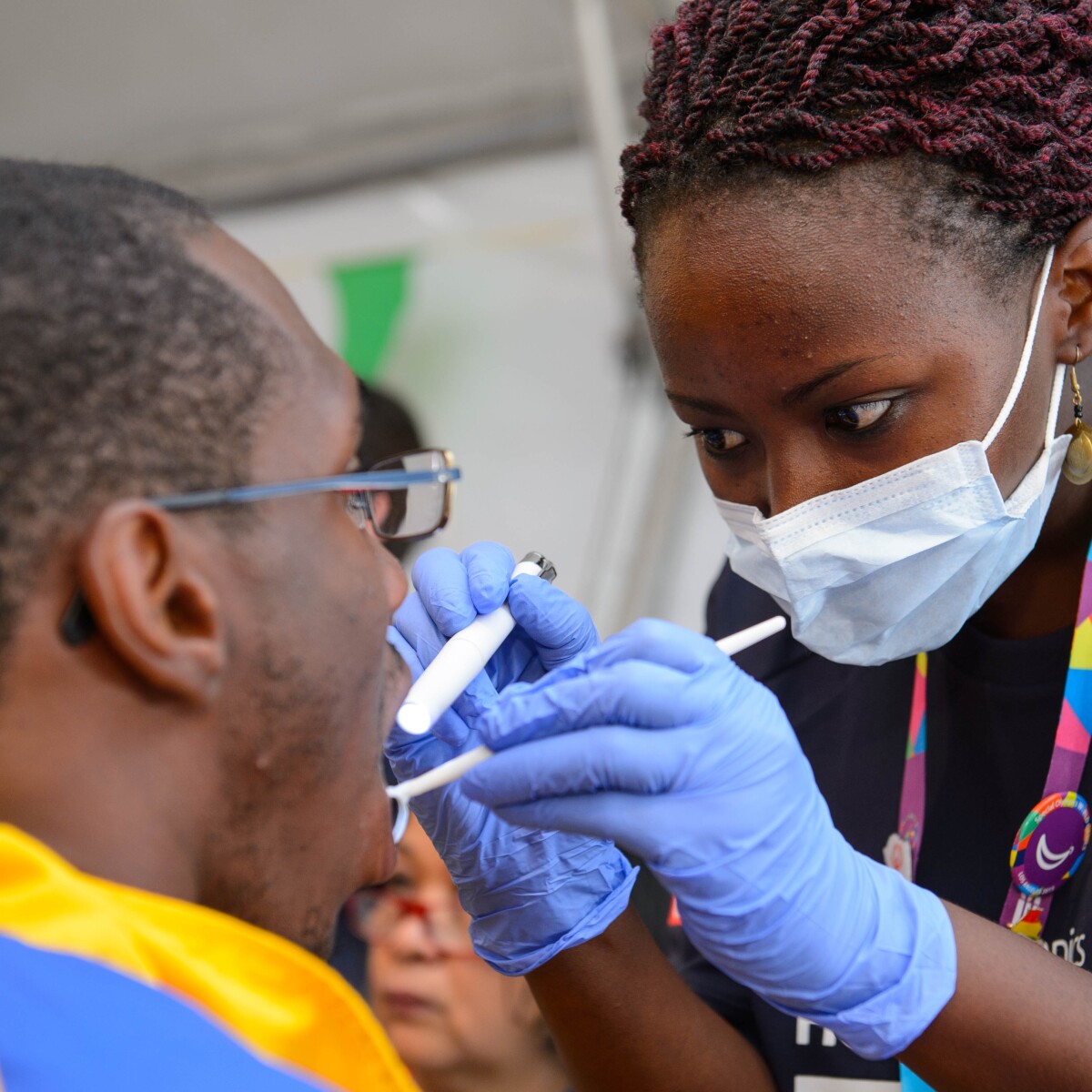Oral Health Challenges Faced by Professional Athletes
Do you know that professional athletes face unique oral health challenges?
It may seem like a coincidence, but their rigorous training and intense physical activities can take a toll on their dental well-being. From poor nutrition to dental injuries, these athletes often struggle to maintain a healthy mouth.
Factors like dehydration and the use of performance-enhancing substances can further worsen their oral health.
Maintaining good dental hygiene becomes crucial for their overall well-being and performance.
So, if you’re an athlete or aspire to be one, it’s essential to be aware of these challenges and take proactive measures to protect your oral health.
Key Takeaways
– Professional athletes face oral health challenges such as tooth decay, gum disease, and weakened teeth due to their nutrition and hydration choices.
– Dental injuries are common among professional athletes, including fractured teeth, tooth avulsion, and tooth intrusions, highlighting the importance of wearing protective gear.
– Intense training regimens can lead to tooth fractures, gum damage, tooth sensitivity, and teeth grinding, emphasizing the need for proper hydration, oral hygiene, and the use of mouthguards.
– Performance-enhancing substances can have detrimental effects on oral health, increasing the risk of tooth decay, gum disease, weakened teeth, and gum inflammation. Prioritizing oral hygiene and regular dental visits are crucial in mitigating these challenges.
Poor Nutrition and Its Impact on Oral Health
If you neglect proper nutrition, your oral health can suffer as a professional athlete. As an athlete, your body requires a balanced diet to perform at its best. However, poor nutrition can lead to various oral health challenges that can negatively impact your overall well-being.
One of the main issues caused by poor nutrition is tooth decay. When you consume a diet high in sugary foods and drinks, the bacteria in your mouth produce acids that attack the enamel of your teeth, leading to cavities. Additionally, a lack of essential nutrients like calcium and vitamin D can weaken your teeth, making them more prone to decay.
Another consequence of poor nutrition is gum disease. A diet lacking in vitamins and minerals weakens your immune system, making it harder for your body to fight off infections. This can result in gum inflammation, bleeding, and eventually, periodontal disease. Moreover, deficiencies in certain nutrients can affect the healing process of oral tissues, delaying the recovery from dental procedures or injuries.
To maintain good oral health, it’s crucial to prioritize a well-balanced diet that includes fruits, vegetables, lean proteins, and whole grains. Avoiding excessive sugar and acidic foods or drinks will also go a long way in protecting your teeth and gums. Remember, proper nutrition isn’t only beneficial for your athletic performance but also for your oral health.
Dehydration and Its Effects on Dental Health
To maintain optimal oral health as a professional athlete, it’s essential to address the effects of dehydration on dental health.
Dehydration occurs when your body loses more fluid than it takes in, and it can have detrimental effects on your overall health, including your dental health. When you’re dehydrated, your body doesn’t produce enough saliva, which is crucial for maintaining good oral health.
Saliva helps to wash away food particles and bacteria, neutralize acids in your mouth, and protect your teeth from decay. Without enough saliva, your mouth becomes dry and more susceptible to tooth decay and gum disease.
In addition to a decrease in saliva production, dehydration can also lead to dry mouth, bad breath, and an increased risk of developing cavities. When your mouth is dry, bacteria can multiply more quickly, leading to the production of sulfur compounds that cause bad breath. Moreover, the lack of saliva can also make it harder for your body to fight off harmful bacteria and prevent the formation of plaque, which can ultimately lead to tooth decay.
To combat the effects of dehydration on dental health, it’s important to stay hydrated by drinking plenty of water throughout the day. This will help to promote saliva production and maintain a moist environment in your mouth. It’s also beneficial to avoid sugary and acidic beverages, as they can further contribute to tooth decay.
Dental Injuries Commonly Faced by Professional Athletes
Professional athletes commonly face dental injuries due to the physical nature of their sports. The intense contact and high-impact movements involved in sports like football, hockey, and basketball make athletes more prone to dental trauma.
One of the most common dental injuries is a fractured tooth. This can occur when a player is hit in the face or mouth by an opponent’s elbow, fist, or equipment.
Another common dental injury is a tooth avulsion, which is when a tooth is completely knocked out. This can happen during a collision or fall.
Athletes also frequently experience tooth intrusions, where a tooth is pushed back into the socket. This can cause severe pain and may require immediate dental intervention.
Lastly, athletes often suffer from dental fractures, where the tooth is partially cracked or broken. These injuries can be quite painful and may necessitate dental restorative procedures.
It’s essential for professional athletes to wear mouthguards and other protective gear to minimize the risk of dental injuries. Prompt dental care and regular check-ups can also help athletes maintain good oral health and prevent long-term complications.
The Role of Intense Training Regimens in Dental Problems
Intense training regimens play a significant role in dental problems faced by professional athletes.
The rigorous physical demands and high-impact activities during training can lead to dental injuries and oral health issues.
The repetitive motions, intense pressure, and contact sports involved in training can cause tooth fractures, gum damage, and tooth sensitivity, among other dental problems.
Training-Induced Oral Health Issues
During intense training regimens, professional athletes may experience oral health issues as a result of the physical demands placed on their bodies. The rigorous nature of their training can lead to various dental problems that can affect their performance and overall well-being.
One common issue is tooth sensitivity, which can be caused by the consumption of acidic and sugary sports drinks or energy gels during training. These substances can erode the enamel and expose the sensitive dentin underneath.
Additionally, athletes may also experience dry mouth due to dehydration, which can increase the risk of tooth decay and gum disease. The intense physical activity can also lead to teeth grinding and jaw clenching, known as bruxism, which can cause tooth wear, jaw pain, and headaches.
It’s crucial for athletes to be aware of these training-induced oral health issues and take preventive measures such as proper hydration, maintaining good oral hygiene, and using mouthguards to protect their teeth during physical activities.
Impact of Intense Training
If you’re a professional athlete, your intense training regimen can play a significant role in causing dental problems. Here are a few ways in which your intense training can impact your oral health:
– Dehydration: Intense physical activity can lead to dehydration, resulting in reduced saliva production. This lack of saliva can increase the risk of tooth decay and gum disease.
– Mouth breathing: During intense training, you may find yourself breathing through your mouth rather than your nose. This can cause dry mouth, leading to oral health issues.
– Bruxism: The stress and pressure of intense training can contribute to teeth grinding or clenching, known as bruxism. This habit can wear down your teeth and lead to jaw pain.
– Sports drinks and energy bars: Many athletes rely on sports drinks and energy bars for fuel. However, these products often contain high levels of sugar and acidity, which can erode tooth enamel and increase the risk of cavities.
Taking steps to maintain good oral hygiene and visiting your dentist regularly can help mitigate these dental problems and keep your smile healthy.
Oral Health Challenges Related to Performance-Enhancing Substances
When using performance-enhancing substances, it’s important to be aware of the oral health challenges that can arise. These substances, which are often used by professional athletes to enhance their physical performance, can have detrimental effects on oral health.
One of the main challenges associated with performance-enhancing substances is the increased risk of tooth decay. This is because many of these substances contain high levels of sugar or carbohydrates, which can contribute to the growth of bacteria in the mouth and the development of cavities.
Additionally, the use of performance-enhancing substances can lead to dry mouth, a condition in which there’s a reduced production of saliva. Saliva plays a crucial role in maintaining oral health by neutralizing acids, washing away food particles, and preventing the growth of harmful bacteria. Therefore, a decrease in saliva production can increase the risk of tooth decay and gum disease.
It’s also important to note that some performance-enhancing substances can cause changes in hormone levels, which can affect oral health. For example, anabolic steroids, often used to increase muscle mass, can lead to gum inflammation and an increased risk of periodontal disease.
Therefore, it’s essential for athletes using performance-enhancing substances to prioritize their oral health and seek regular dental care to address any potential issues.
The Importance of Dental Hygiene for Athletes’ Overall Well-Being and Performance
Maintaining good dental hygiene is crucial for your overall well-being and performance as an athlete. It plays a significant role in preventing oral health issues that could negatively impact your physical abilities. Here are four reasons why dental hygiene is important for your overall well-being and performance:
– Prevention of tooth decay: Regular brushing, flossing, and rinsing with mouthwash help remove plaque and bacteria, preventing tooth decay and cavities. Tooth decay can cause pain and discomfort, affecting your ability to eat and speak properly.
– Gum disease prevention: Poor oral hygiene can lead to gum disease, causing inflammation, bleeding, and even tooth loss. Healthy gums are essential for maintaining strong teeth and overall oral health.
– Fresh breath: Maintaining good dental hygiene helps eliminate bad breath caused by food particles and bacteria in your mouth. Fresh breath isn’t only important for social interactions but can also boost your confidence during workouts and competitions.
– Overall health benefits: Poor oral health has been linked to various systemic health issues, including cardiovascular disease and diabetes. By taking care of your teeth and gums, you can reduce the risk of developing these conditions and maintain your overall health.
Frequently Asked Questions
How Do Poor Nutrition and Oral Health Affect an Athlete’s Overall Performance and Well-Being?
Poor nutrition and oral health can have a significant impact on your overall performance and well-being as an athlete. When you don’t consume a balanced diet, including essential nutrients, your body may not have the fuel it needs to perform at its best.
Additionally, poor oral health, such as gum disease or tooth decay, can cause pain and discomfort, making it difficult to eat and concentrate on your sport.
Prioritizing both nutrition and oral hygiene is crucial for optimal athletic performance and overall health.
What Are Some Practical Tips for Athletes to Maintain Good Oral Health Despite Facing Dehydration During Intense Training?
To maintain good oral health despite facing dehydration during intense training, there are some practical tips you can follow.
First, make sure to stay hydrated by drinking plenty of water throughout the day.
Secondly, avoid sugary sports drinks and opt for water instead.
It’s also important to brush your teeth at least twice a day and floss regularly.
Lastly, visit your dentist regularly for check-ups and cleanings to prevent any oral health issues.
Are There Any Specific Dental Injuries That Professional Athletes Commonly Experience During Their Careers?
During their careers, professional athletes commonly experience specific dental injuries. These injuries can range from chipped or cracked teeth to avulsed teeth, where the tooth is completely knocked out. These injuries can occur due to high-impact sports or contact with equipment or other players.
It’s important for athletes to take precautions such as wearing mouthguards and seeking immediate dental care to prevent further damage and ensure a speedy recovery.
What Are the Potential Dental Problems That Can Arise From Intense Training Regimens, and How Can Athletes Prevent or Manage Them?
What dental problems can arise from intense training regimens, and how can you prevent or manage them?
Intense training can lead to issues like tooth erosion from sports drinks, tooth decay from frequent snacking, and tooth fractures from impact.
To prevent these problems, make sure to maintain good oral hygiene, including brushing and flossing regularly. Using a mouthguard can protect your teeth during contact sports. Regular dental check-ups are also crucial for early detection and treatment of any dental issues.
Can the Use of Performance-Enhancing Substances Have Negative Effects on an Athlete’s Oral Health, and if So, What Are They?
Using performance-enhancing substances can have negative effects on your oral health. These substances can lead to an increase in dental problems such as tooth decay and gum disease. They can also cause dry mouth, which can further contribute to oral health issues.
It’s important to be aware of these potential risks and to take steps to prevent them. Regular dental check-ups, practicing good oral hygiene, and avoiding the use of performance-enhancing substances can help protect your oral health.
Conclusion
In conclusion, professional athletes face unique oral health challenges due to:
– Poor nutrition
– Dehydration
– Dental injuries
– Intense training regimens
– The use of performance-enhancing substances
These factors can have a significant impact on their overall well-being and performance. It’s crucial for athletes to prioritize dental hygiene to maintain their oral health and support their athletic goals.
 find this age” />
find this age” />
By taking care of their teeth and gums, athletes can ensure their overall well-being and enhance their performance on and off the field.

Welcome to my website! I’m Declan Gaffney, a dedicated and passionate Preventive Dentist with years of experience in promoting oral health and providing top-notch dental care. I am thrilled to share my knowledge and expertise with you through this platform.

